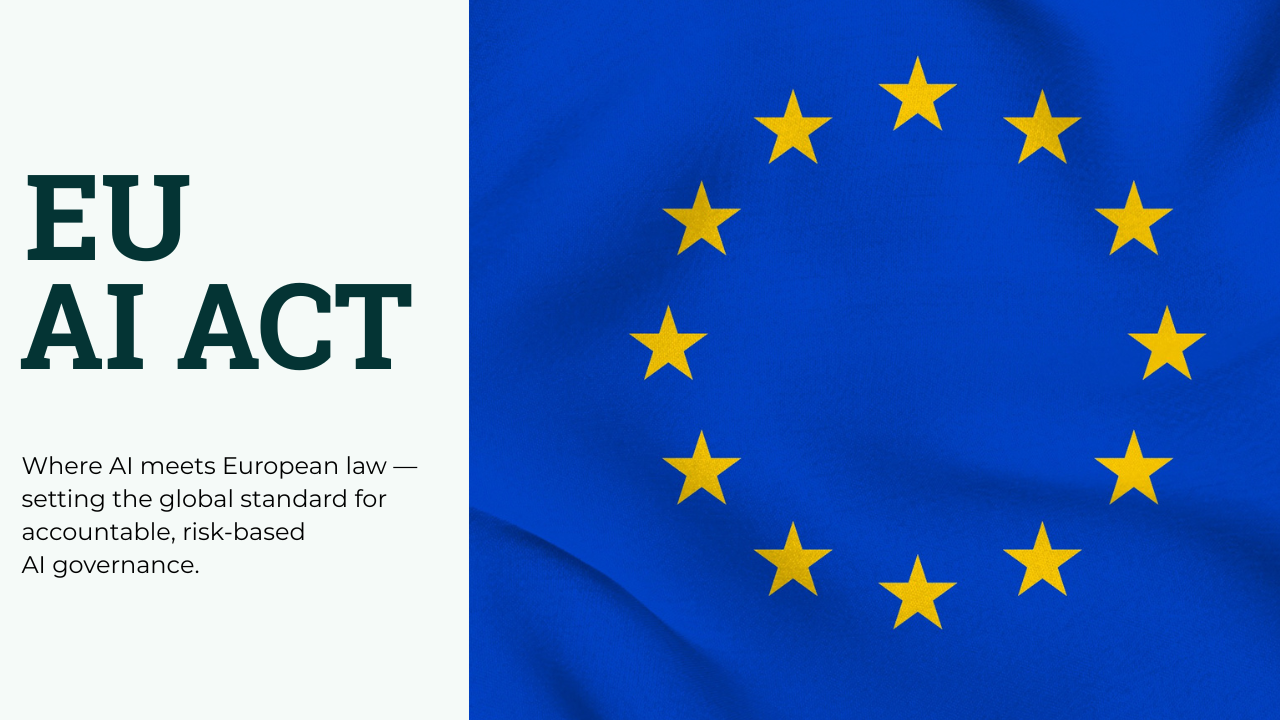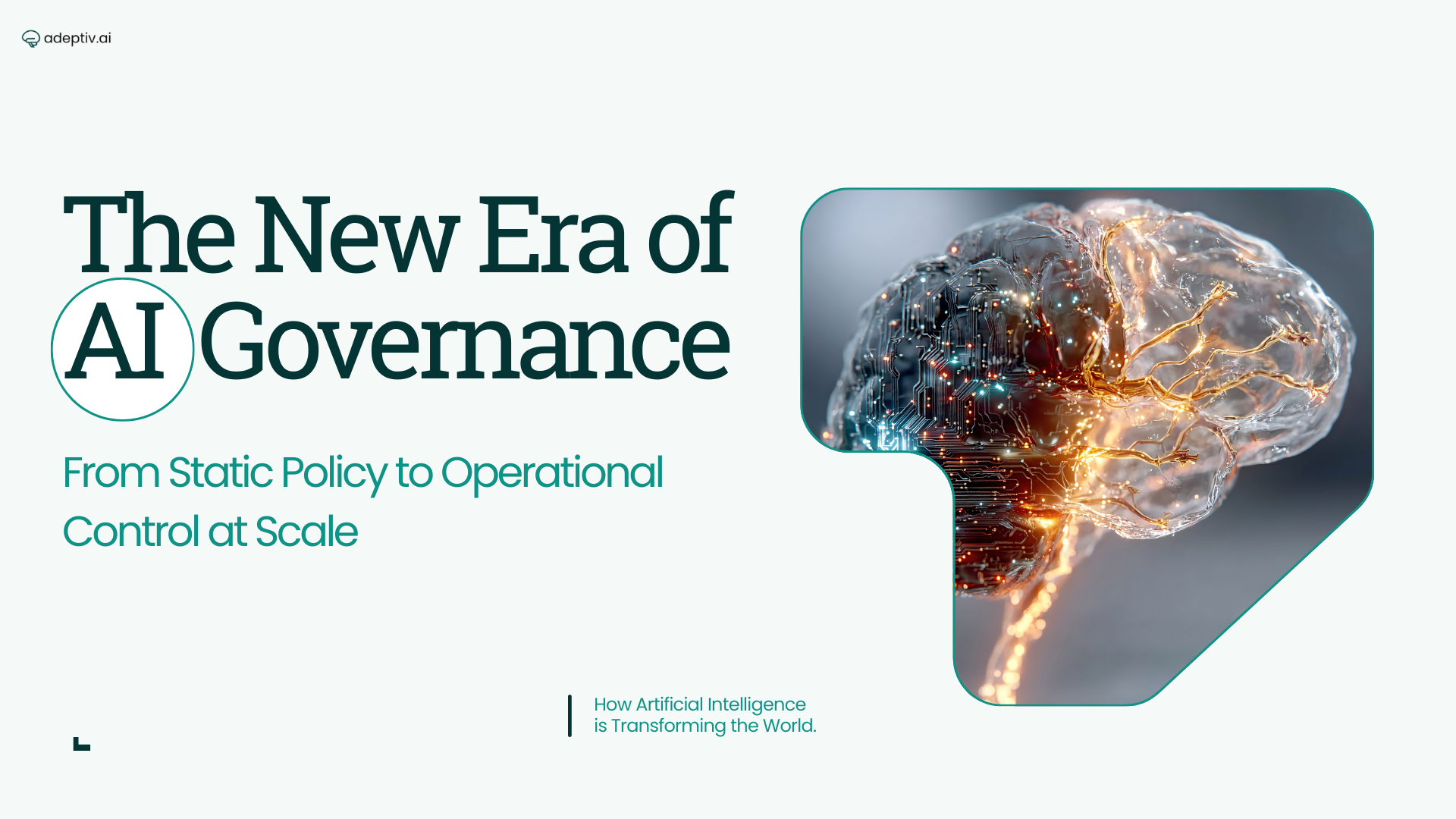At a Glance
- Diverse Foundation Models for text, image, embedding, and multimodal tasks.
- Scalable Inference Capabilities enabling low-latency, cost-optimized generative AI deployments.
- Advanced Prompt Engineering & Prompt Management for building consistent, high-quality outputs.
- Knowledge Bases that integrate structured and unstructured enterprise data for context-aware responses.
- Built-in Security & Guardrails ensuring responsible, compliant AI usage.
- Comprehensive Monitoring & Evaluation frameworks supporting reliability, governance, and performance optimization.
AWS Bedrock generative AI capabilities have transformed the way enterprises design, deploy, and scale modern AI applications. With a powerful ecosystem of foundation models, secure infrastructure, prompt management tools, integrated guardrails, and advanced monitoring features, AWS Bedrock offers a comprehensive platform tailored for building reliable, production-grade Gen AI solutions. By combining scalability, security, and responsible AI practices, Bedrock enables organizations to elevate their generative AI development and unlock new levels of innovation.
Whether you’re creating intelligent chatbots, personalized content engines, multimodal applications, knowledge-driven assistants, or enterprise AI Agents, AWS Bedrock delivers the essential tools and infrastructure to accelerate your journey.
Why AWS Bedrock is a Game-Changer for Generative AI
AWS Bedrock offers a unified platform designed specifically for enterprise-scale generative AI. Instead of manually orchestrating infrastructure, fine-tuning models, managing security, or developing guardrails from scratch, Bedrock provides an out-of-the-box ecosystem that handles everything from model access to guardrails, monitoring, orchestration, and knowledge retrieval. This allows developers to focus on building value-driven Gen AI applications while AWS manages the underlying complexities.
Diverse Foundation Models Powered by AWS Bedrock
One of the strongest capabilities of AWS Bedrock is its broad selection of foundation models from leading providers, enabling organizations to choose the right model for the right use case.
Text Generation Models
Optimized for conversational AI, summarization, classification, translation, and code generation. These models help enterprises build:
- Intelligent chatbots
- Automated content generation systems
- Knowledge assistants
- Support automation workflows
Image Synthesis Models
Bedrock also supports multiple image generation models for:
- Digital content creation
- Marketing and design
- Gaming and AR/VR environments
- Creative automation
The ability to use multiple model families ensures flexibility and superior performance across use cases.
Scalable Model Inference: Build for Scale, Deploy with Confidence
AWS Bedrock is engineered to provide high-throughput, low-latency model inference suitable for mission-critical workloads.
Elastic Scaling
Automatically expands or contracts compute resources based on request volume. It ensures:
- High availability
- Cost optimization
- Consistent performance under fluctuating traffic
Low Latency Response
Inference engines are optimized to support real-time applications such as:
- Chat interfaces
- Live decision-making systems
- Search and retrieval pipelines
Flexible Deployment Options
Bedrock supports multiple integration patterns including:
- Serverless APIs
- Containerized deployments
- Integration with AWS Lambda, API Gateway, and custom microservices
This flexibility allows organizations to adopt architectures that align with their operational environments.
Advanced Prompt Engineering Techniques for Precise Outputs
Prompt engineering is central to building high-performing generative AI applications. AWS Bedrock equips developers with tools and techniques that optimize prompt creation and consistency.
Contextual Prompts
Developers can embed domain-specific context directly into prompts to enhance model relevance, accuracy, and control.
Prompt Templates
Reusable templates help maintain output consistency across multiple interactions, minimizing errors and variability.
Dynamic Prompts
Variables and real-time parameters can be injected into prompts, enabling personalized and context-aware interactions at scale.
End-to-End Prompt Management with AWS Bedrock
Managing hundreds or thousands of prompts can quickly become challenging in enterprise-scale applications. Bedrock simplifies this through:
Centralized Prompt Repository
A single location for storing, organizing, and accessing prompts across teams and applications.
Flow Orchestration
Orchestrate multi-step prompt interactions, ideal for:
- Complex reasoning workflows
- Document extraction tasks
- Multi-turn conversational agents
- Autonomous decisioning pipelines
Version Control
Track prompt versions and updates, ensuring transparency and reproducibility across environments.
Knowledge Bases: Bringing Enterprise Data to Generative AI
Knowledge bases in AWS Bedrock empower models to retrieve factual, real-time information from structured or unstructured datasets. This elevates the quality and accuracy of model outputs.
Data Ingestion
Seamlessly import data from sources such as:
- Databases
- S3 buckets
- Document repositories
- Enterprise data lakes
Data Structuring
Data is indexed and processed so models can retrieve context efficiently and accurately.
Real-time Querying
LLMs access knowledge bases on demand, enabling richer, contextually grounded responses without hallucinations.
Enterprise-Grade Security in AWS Bedrock
Security is embedded in every layer of AWS Bedrock, making it suitable for enterprises in regulated industries.
Data Encryption
End-to-end encryption for data at rest and in transit ensures protection against unauthorized access.
Fine-Grained Access Control
IAM-based permissions allow organizations to govern:
- Who can invoke models
- Who can access data
- Who can manage prompts, agents, and knowledge bases
Monitoring & Logging
Audit logs provide visibility into system activity, helping maintain compliance across industries like healthcare, finance, and government.
Guardrails for Responsible and Compliant AI Applications
AWS Bedrock includes built-in guardrails that protect against unsafe or non-compliant model outputs.
Content Filtering
Prevents generation of harmful, toxic, or inappropriate content.
Bias Detection
Helps identify and mitigate unintended biases in generated outputs.
Policy-Based Usage Controls
Enforce organizational policies to ensure ethical and compliant AI usage.
Transparency & Explainability Tools
Provide insight into how and why models produce certain responses—critical for building trust in AI systems.
Model Evaluation: Optimizing LLM Performance
AWS Bedrock offers multiple evaluation methods to ensure models meet application-specific standards.
Quantitative Evaluation
Uses metrics such as accuracy, recall, and precision to assess model outputs.
Qualitative Evaluation
Human-based review processes help analyze the relevance, coherence, and contextual quality of responses.
A/B Testing
Compare different models or versions to determine the most effective option for your use case.
Stress Testing
Evaluate model performance under high load or complex edge-case scenarios.
Monitoring LLMs with AWS Bedrock
Monitoring ensures long-term reliability and high performance.
Real-Time Metrics
Track latency, error rates, and throughput.
Model Invocation Logging
Understand usage trends, failure patterns, and anomalies.
Knowledge Base Activity Logging
Monitor document retrieval patterns and data access trends.
Integrations with Amazon CloudWatch make end-to-end observability seamless.
Gen AI Agents on AWS Bedrock
Gen AI Agents act as autonomous AI-powered orchestrators capable of managing end-to-end workflows.
Task Automation
Automate repetitive or multi-step tasks without human intervention.
Resource Optimization
Agents intelligently allocate compute based on workload requirements.
Scalability
Agents scale dynamically to support increasing application demands and complex workflows.
Conclusion
AWS Bedrock provides a complete, enterprise-ready environment for building secure, scalable, and responsible generative AI applications. With its wide range of foundation models, powerful inference capabilities, advanced prompt engineering tools, integrated guardrails, and comprehensive monitoring framework, Bedrock enables organizations to build production-grade Gen AI systems with confidence. Whether you’re developing intelligent chatbots, content engines, AI agents, or data-driven assistants, AWS Bedrock empowers your journey by simplifying complexity and accelerating innovation. As the adoption of generative AI continues to expand, AWS Bedrock stands as a pivotal platform shaping the future of intelligent enterprise applications.
FAQs
1. What is AWS Bedrock used for?
AWS Bedrock is used to build, deploy, and scale generative AI applications using foundation models, secure infrastructure, and enterprise-ready tools.
2. Does AWS Bedrock support multiple foundation models?
Yes, AWS Bedrock provides access to various models for text, image, embedding, and multimodal tasks, giving developers flexibility and control.
3. Are guardrails included in AWS Bedrock?
Yes, AWS Bedrock includes built-in guardrails for content safety, bias detection, policy enforcement, and responsible AI usage.
4. Can Bedrock integrate with enterprise data sources?
Absolutely — Bedrock knowledge bases ingest, structure, and index data so models can retrieve context-rich information.
5. Does AWS Bedrock require managing infrastructure manually?
No, Bedrock offers serverless APIs and fully managed services, eliminating the need for infrastructure provisioning or maintenance.



